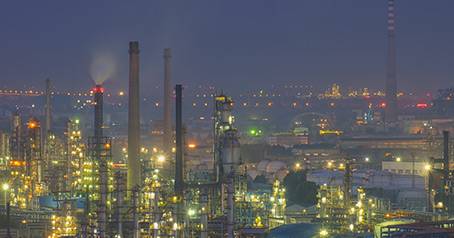Dec . 12, 2024 10:36 Back to list
dwc hdpe pipe
DWC HDPE Pipe Revolutionizing Water Management
In recent years, the demand for efficient water management systems has surged due to urbanization, industrial growth, and climate change. Among the various solutions available, Double Wall Corrugated (DWC) High-Density Polyethylene (HDPE) pipes have emerged as a game changer in the field of water and sewage management. These innovative pipes combine durability, lightweight properties, and cost-effectiveness, making them a preferred choice for both municipal and industrial applications.
What is DWC HDPE Pipe?
DWC HDPE pipes feature a unique double-wall structure consisting of an outer corrugated layer and an inner smooth layer, resulting in several advantages over traditional pipe materials. The outer layer provides high resistance against external loads and environmental conditions, while the inner layer facilitates smooth flow, reducing the possibility of clogs and enhancing overall efficiency.
Key Benefits of DWC HDPE Pipes
1. Durability and Strength DWC HDPE pipes are engineered to withstand harsh environmental conditions, including soil movements, chemicals, and extreme temperatures. Their corrugated design enhances their structural integrity, ensuring longevity and resilience.
2. Lightweight and Easy to Install The lightweight nature of DWC HDPE pipes makes them easy to handle and transport. Unlike traditional concrete or metal pipes, they do not require heavy machinery for installation, significantly reducing labor and equipment costs.
3. Cost-Effectiveness The overall cost savings associated with DWC HDPE pipes stem from their durability, reduced maintenance needs, and lower installation costs. The long lifespan further enhances their cost-effectiveness, providing value for investment over time.
dwc hdpe pipe

4. Environmental Benefits HDPE is a recyclable material, making DWC HDPE pipes an environmentally friendly option. Their long-term durability reduces the need for frequent replacements, minimizing waste and contributing to sustainable practices in water management.
5. Versatile Applications DWC HDPE pipes are suitable for various applications, including stormwater drainage, sewage systems, irrigation, and industrial wastewater management. Their adaptability makes them ideal for urban infrastructure as well as agricultural use.
Installation and Maintenance Considerations
The installation of DWC HDPE pipes requires adherence to specific guidelines to ensure optimal performance. Proper trench alignment, adequate bed preparation, and joint integrity are crucial for preventing potential failures. Regular inspections and maintenance of the pipes can further prolong their service life and efficiency.
By employing modern technologies and methodologies during installation, such as trenchless techniques, the disruption to existing infrastructure can be minimized. This aspect is particularly beneficial in urban areas where space is limited.
Conclusion
In conclusion, DWC HDPE pipes offer a robust solution for modern water management challenges. Their durability, lightweight nature, cost-effectiveness, and environmental benefits make them a key player in sustainable infrastructure development. As cities continue to grow and face the pressures of climate change and resource management, the adoption of advanced materials like DWC HDPE pipes will be essential for creating resilient and effective water management systems. Embracing this innovative technology not only addresses current needs but also paves the way for a more sustainable future in water resource management.
-
High-Quality PPR Pipes and Fittings Durable ERA PPR & PVC PPR Solutions
NewsJul.08,2025
-
Black HDPE Cutting Board - Durable, Non-Porous & Food Safe HDPE Plastic Cutting Board
NewsJul.08,2025
-
High-Quality CPVC Panel Durable HDPE & PVC Panels Supplier
NewsJul.08,2025
-
Double PE Welding Rod Supplier - High Strength, Durable & Versatile Welding Solutions
NewsJul.07,2025
-
High-Quality PVC-O Pipe Supplier Durable 75mm PVC Pipe & Connections Leading PVC Pipe Company
NewsJul.07,2025
-
HDPE Drainage Pipe Supplier – Durable & Corrosion-Resistant Solutions
NewsJul.06,2025

